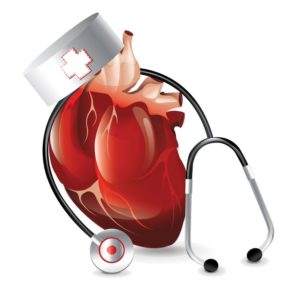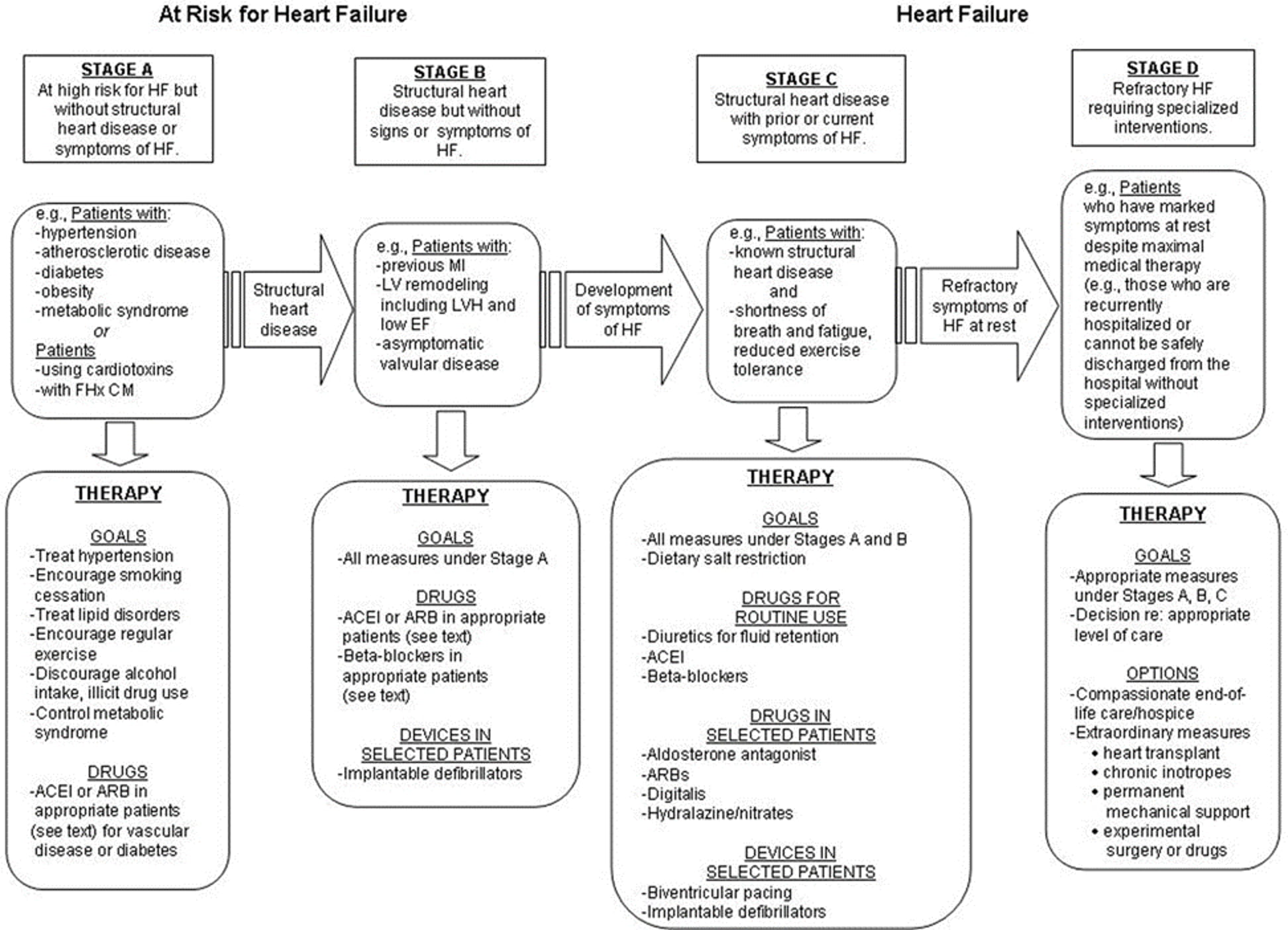 A person is considered to be in congestive heart failure, when for whatever reason, their heart is not pumping as it should be. There are several different conditions that can lead to congestive heart failure. Some of these conditions include high blood pressure, narrowing of arteries in your heart, faulty heart valves, a heart attack, cardiomyopathy (damage to the electrical current that triggers your heart beat), and any other circumstances that weakens or disrupts the normal function of your heart. As a Home Health Care Agency, we care for lots of people with congestive heart failure.
A person is considered to be in congestive heart failure, when for whatever reason, their heart is not pumping as it should be. There are several different conditions that can lead to congestive heart failure. Some of these conditions include high blood pressure, narrowing of arteries in your heart, faulty heart valves, a heart attack, cardiomyopathy (damage to the electrical current that triggers your heart beat), and any other circumstances that weakens or disrupts the normal function of your heart. As a Home Health Care Agency, we care for lots of people with congestive heart failure.
When in congestive heart failure, a person’s heart is unable to pump fluids efficiently throughout the body. Nutrients are unable to be disbursed efficiently to all the cells that need them. Additionally, metabolic waste isn’t efficiently discarded from the body. These inefficiencies lead to heart failure symptoms. Some of these symptoms include dyspnea (shortness of breath), coughing or wheezing, weakness and fatigue, inability to exercise or perform aerobic activities, rapid or irregular heartbeat, fluid and water retention, congested lungs, swelling of your legs, ankles and feet, and an increased need to urinate at night.
In most circumstances, the conditions that lead to congestive heart failure cannot be reversed. Yet, they can be reduced and managed. The most important thing is to change your lifestyle. Most medical professionals agree that the four most important lifestyle changes are exercising, losing weight, reducing sodium intake, and managing stress. The fifth, which today should go without saying is to stop smoking.
The American College of Cardiology (ACC) https://www.acc.org has developed stages of heart failure. As noted above, congestive heart failure cannot usually be reversed. Consequently, a person can only move from stage A through to stage D, you cannot go in reverse. Yet, don’t be discouraged, we have a patient that is 96 years old and has been living with congestive heart failure since her late 50s. 😊 We have many other patients that have congestive heart failure and are also doing quite well after making good lifestyle changes.
This is a copy of the ACC’s Stages of Heart Failure which can be found at: http://www.onlinejacc.org/content/53/15/e1/F1
Additional Resources can be found at: https://www.heart.org/en/health-topics/heart-failure/what-is-heart-failure

Recent Comments